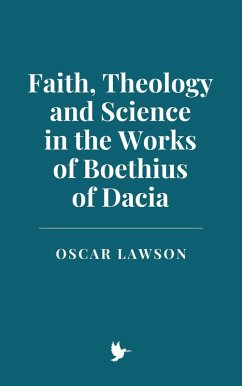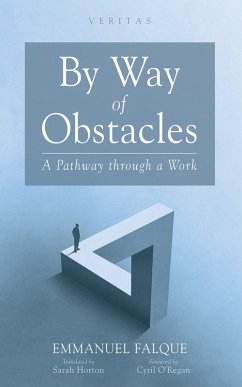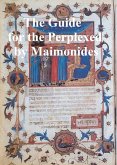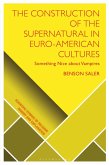This work explores the intellectual contributions of Boethius of Dacia, a significant but often overlooked philosopher of the medieval scholastic tradition. Focusing on his distinctive approach to the relationship between philosophy and theology, the study examines how Boethius advocated for the autonomy of natural philosophy while maintaining the primacy of theology in matters of divine revelation. Through an in-depth analysis of Boethius's key texts, including
De Aeternitate Mundi,
Quaestiones Naturales, and
De Summo Bono, this work highlights his critical role in shaping the medieval intellectual environment, where philosophy was gradually delineated as an independent domain of reason and empirical inquiry. The paper also traces Boethius's influence on later scholastics like Thomas Aquinas, John Duns Scotus, and William of Ockham, who further developed his ideas, and how his thought paved the way for later scientific advancements. By emphasizing the separation of philosophical and theological inquiry, Boethius helped define intellectual frameworks that continue to inform modern discussions on the relationship between science, faith, and reason. The study argues that Boethius's work remains relevant today, offering a timeless model for integrating philosophical rigor with religious reflection in the quest for truth.
Dieser Download kann aus rechtlichen Gründen nur mit Rechnungsadresse in A, B, CY, CZ, D, DK, EW, E, FIN, F, GR, H, IRL, I, LT, L, LR, M, NL, PL, P, R, S, SLO, SK ausgeliefert werden.









